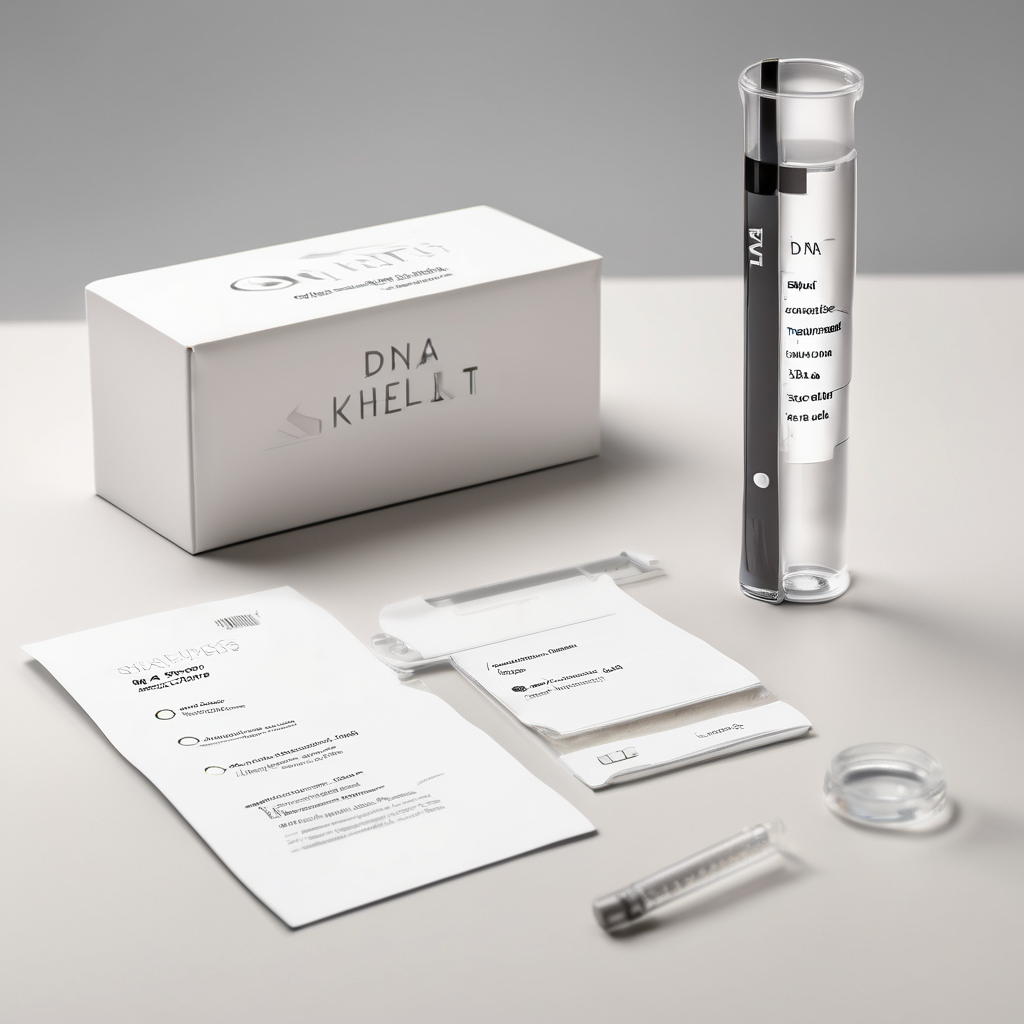
In today’s health-conscious society, the quest to understand our bodies on a deeper level has taken a giant leap forward with advancements in DNA testing. These genetic insights have transformed from a niche scientific curiosity into a powerful tool for proactive health management. More than just tracing ancestry or uncovering family secrets, modern DNA tests offer a window into our genetic blueprint, illuminating potential health risks and revealing predispositions to various conditions including cancers. This transformation is particularly vital as early detection and personalized preventive strategies have been shown to significantly reduce the impact of diseases such as cancer, which remains a leading cause of mortality worldwide.
Genetic testing essentially decodes your DNA—the intricate molecule harboring the instructions for your development and functioning. By analyzing specific variations and markers within your genome, these tests can highlight susceptibilities that might otherwise go unnoticed until symptoms appear. For example, identifying the presence of BRCA1 or BRCA2 gene mutations can alert individuals to heightened breast and ovarian cancer risks, prompting more rigorous screening regimens or preventative interventions. Beyond cancer, genetic profiles help tailor lifestyle and dietary recommendations, fostering a holistic approach to wellness. It's fascinating to note that your genes can also influence traits such as lactose intolerance or vitamin metabolism, underscoring the extensive reach of this technology.
Many companies have seized the opportunity to deliver these insights directly to consumers, each offering distinct services with varying depth and focus. Nebula Genomics stands out with its whole-genome sequencing, diving into the complete DNA code to generate over 350 health reports. This comprehensive approach means users receive evolving insights as scientific research advances—a feature much like having a personal genetic counselor at your fingertips. However, this breadth comes with higher costs and longer wait times for results due to the extensive data processing involved. On the more accessible side, 23andMe combines health risk assessments with ancestry composition, integrating user-friendly interfaces that have made genetic testing a household name. While their health reports aren't FDA-approved and raise some privacy concerns, they offer an enticing entry point for many seeking to understand their genetics.
Other providers, such as MyHeritage, prioritize affordability without sacrificing essential health information, offering reports on disease risks alongside family matching tools. For those seeking a blend of genetic data and biological markers, InsideTracker integrates DNA testing with blood biomarker analysis, creating a dynamic profile that adapts over time with actionable nutrition and fitness plans. This is a prime example of how technology is moving beyond static genetic snapshots to dynamic, personalized health management. SelfDecode, meanwhile, offers a robust dataset with continuous research updates, empowering users with personalized recommendations, though it requires subscription commitment and highlights ongoing privacy considerations in the personal genomics space. The proliferation of these options reflects a burgeoning industry aimed at demystifying genetics and placing health empowerment into the hands of individuals.
One of the most compelling applications of DNA testing is in the realm of cancer prevention. Understanding your unique genetic risk empowers you to engage with personalized screening schedules, lifestyle adjustments, and even medical interventions tailored to reduce your individual risks—a practice known as precision medicine. Cutting-edge services like OncoPreventer epitomize this approach, integrating genetic data with advanced screenings and ongoing monitoring to create personalized and evolving cancer risk profiles. This shift is monumental because it transforms cancer prevention from a one-size-fits-all model into a nuanced, science-driven strategy. Interestingly, research indicates that genetic counseling paired with testing improves not only early detection but also psychological well-being by reducing uncertainty, which can be a significant stressor for many.
As DNA testing evolves and integrates with broader medical contexts, it offers a beacon of hope for proactive health management. However, it is essential to approach these tools thoughtfully. Genetic insights should augment—not replace—routine medical care, healthy habits, and open dialogue with healthcare professionals. Privacy remains a critical issue, as the vast repositories of genetic data carry implications for data security and ethical use. Moreover, genetic predispositions do not guarantee the development of diseases; they merely indicate potential risk, emphasizing the importance of lifestyle and environmental factors. In embracing the promise of DNA testing, one embarks on a personalized wellness journey marked by informed choices and continual learning.
#DNAHealth #GeneticTesting #CancerPrevention #PersonalizedMedicine #WellnessJourney #HealthTech #Genomics
Leave a Reply